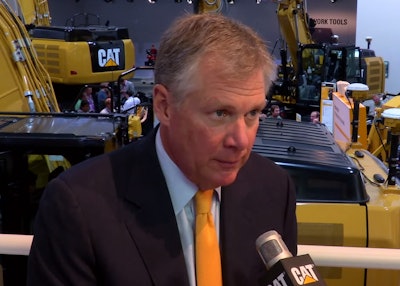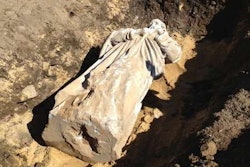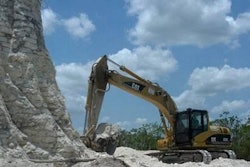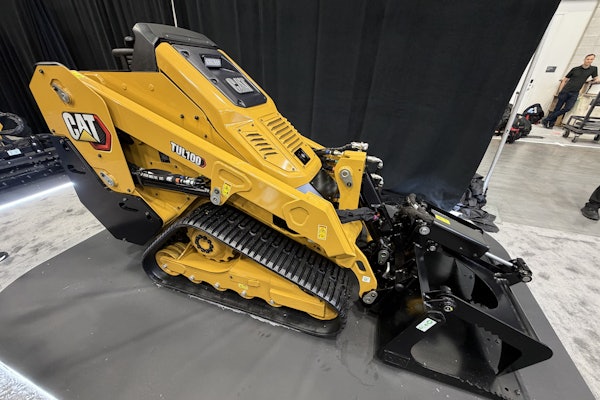
The profile refers to Olberhelman as a man with a “serious demeanor” and calls him the “mouthpiece” of American manufacturing. It details his work to loosen trade restrictions, lower the corporate tax rate and increase infrastructure spending, as well as his new role as chairman of the National Association of Manufacturers.
But most of the article focuses on allegations that “Caterpillar is thriving at its workers’ expense.” It notes that Caterpillar pulled in a record $66 billion in sales and $5.7 billion in profits. The article also points out that Oberhelman’s pay has increased significantly since 2011 to $22 million per year. Meanwhile, one worker at a Cat plant in Morton, Illinois told Bloomberg that some of his co-workers are on food stamps.
The questions aren’t anything Oberhelman hasn’t heard before and his defense is that everything that is taking place right now has been part of the plan since 2005. As the Bloomberg article notes, Oberhelman and Cat saw the economic downturn coming and made quite a few changes to head it off at the pass.
The result has been profitability through a recession. And though layoffs have been made and talks with unions have grown more tense, a lot of people have jobs right now that might not have otherwise.
“We have to be competitive if we’re gonna win. And frankly, if we’re not competitive … we’re not gonna be here in the next 30 years,” Oberhleman told Bloomberg. “I always try to communicate to our people that we can never make enough money. We can never make enough profit.”
The article does spend a bit of time discussing Oberhelman’s personal life and background. He’s a native of Woodstock, Illinois and the son of a John Deere salesman. He enjoyed reading The Wall Street Journal as a kid and put the knowledge to use: he bought stocks with the money earned from two paper routes. He and his wife Diane love to hunt together.
As to when Caterpillar will be able to share the wealth a bit, Oberhelman says the company has to wait until the country starts to see economic growth through the GDP again.
“Part of the reason we’re seeing no inflation is because there’s no growth. Inflation was driven by higher labor costs, not higher goods costs. Frankly, I’d love to see a little bit of that. Because I’d love to pay people more. I’d love to see rising wages for everybody,” he said.











